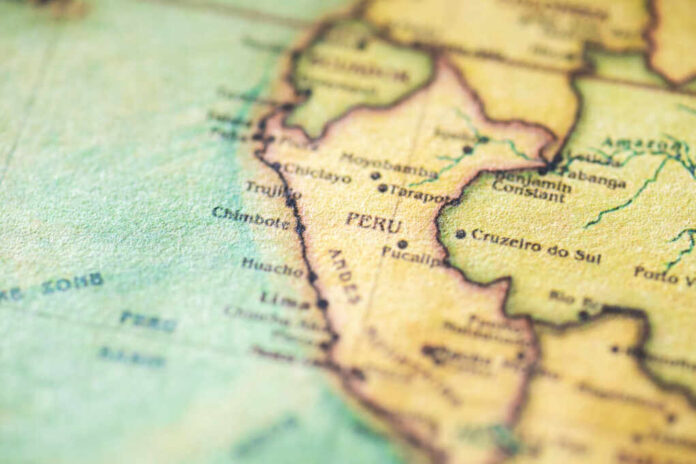
The decision of Peru’s President Dina Boluarte to significantly increase her salary at a time of national economic hardship has sparked public outrage and an ethical debate.
At a Glance
- President Boluarte doubles her salary to over 35,500 soles monthly, prompting public outcry.
- Approval ratings stand at a historic low of 2% amid criticism and scandals.
- Citizens express anger, emphasizing the need for fiscal responsibility during economic strain.
- Opposition lawmakers plan to challenge the salary increase decision.
Controversial Decision Raises Eyebrows
Peru’s President Dina Boluarte, in the spotlight after doubling her monthly salary to over 35,500 soles (approximately $10,000), has ignited nationwide discontent. This salary increase, announced by the economy minister and effective immediately, comes even as the president grapples with historically low approval ratings of 2%. Boluarte, succeeding the impeached Pedro Castillo in December 2022, finds her leadership under intense scrutiny as the nation deals with high poverty rates despite post-recession economic growth.
Presidenta peruana Dina Boluarte se duplica el sueldo con su popularidad por el suelo
El Consejo de Ministros de Perú aprobó un aumento salarial del 122 % para la presidenta Dina Boluarte, que pasará a ganar 35.568 soles mensuales (cerca de 10.000 dólares o 8.500 euros). /ab pic.twitter.com/oOMGCyBBQK
— DW Español (@dw_espanol) July 3, 2025
The increase places her earnings well above the country’s minimum wage of 1,025 soles, sparking outrage as many Peruvians struggle with persistent economic difficulties. Criticisms are mounting on social media, where the move has been branded as “tone-deaf” and “outrageous.” Boluarte’s decision is perceived by citizens as prioritizing self-interest over pressing national and social issues.
Watch a report: Peru Slams President’s “Big-Fat” Salary Hike
Public Discontent and Backlash
Public reaction has been overwhelmingly negative, with citizens expressing disappointment over the president’s disregard for the economic challenges faced by ordinary Peruvians. Remarks from a pensioner, Rolando Fonseca, called the move a “joke,” while Ms. Carmen Juarez lamented the lack of support for vital social services. Meanwhile, opposition lawmaker Jaime Quito has openly criticized the salary increase, planning an initiative to annul the decision. This echoes public sentiment favoring austerity and accountability in leadership.
As tensions escalate, the president’s tenure, set to end in July 2026, faces further complications with legal battles and demands for transparency. Despite Peru’s economic recovery, the reality remains harsh for nearly 30% of its population living in poverty. The focus is now on how Boluarte’s administration will address these grievances and restore public trust.
Maintaining Leadership amidst Challenges
Boluarte’s decision, while justified by an argument to align presidential salaries within the region, risks deepening political divides and further alienating the citizenry. Her administration, plagued by corruption allegations and failures in governance, continues to face fierce opposition and possible impeachment attempts. While efforts to oust her have been blocked by conservative factions, public pressure mounts for reform and adherence to ethical governance standards.
For President Boluarte, balancing political ambition with public accountability remains a delicate task. How she navigates this period could define not only her presidency but also the broader political landscape of Peru as it enters upcoming elections. Citizens and lawmakers alike are watching closely, demanding accountability and ethics in leadership decisions amidst ongoing national challenges.

























